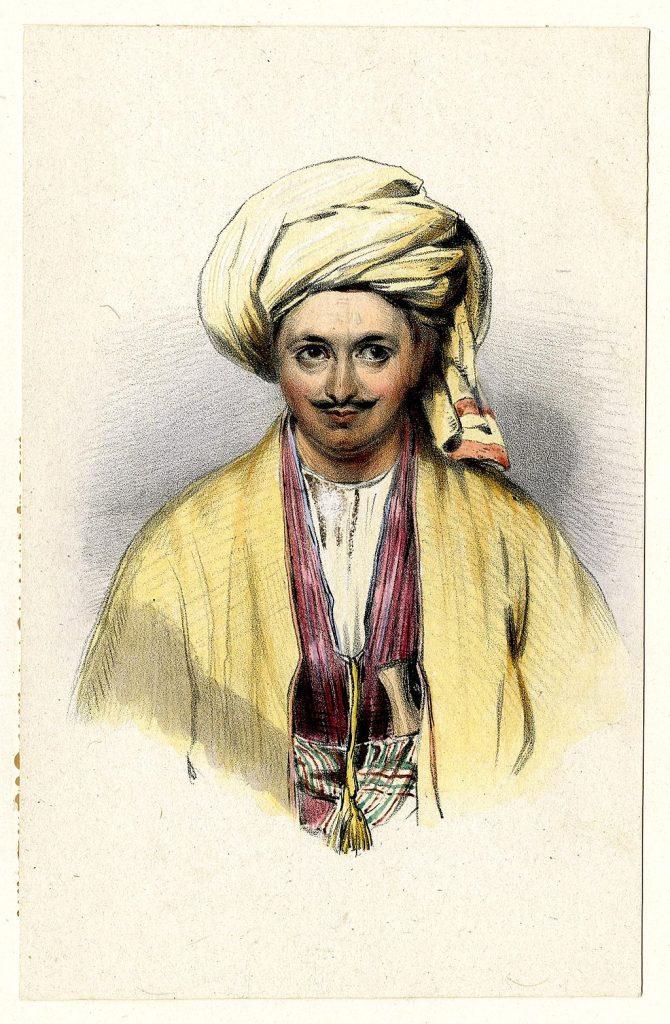Discover the historical Tazkirah manuscript by Anand Ram Mukhlis, revealing 18th-century Punjab's events and invasions including Nadir Shah's 1739 incursion.
Discover 'Var Amritsar Ki,' an epic eyewitness account of the 1709 Sikh-Mughal battle. Explore the bravery of Sikhs and the historical aftermath.
Explore the historical legacy of Akali newspaper, a pivotal platform for Sikh nationalist expression and reformation efforts since 1920.
Explore the 1848-49 Anglo-Sikh War II, marking British domination and the end of the Sikh Kingdom. Learn about strategies, resistances, and outcomes.
Learn about the unique Bandai Sikhs who revered Banda Singh Bahadur as their eleventh Guru and faced expulsion by Tatt Khalsa in 1721. Explore their beliefs!
BHANA MALLAN, BHAI, and Bhai Rekh Rao, storekeepers of the Mughal governor at Kabul, were pious and devoted Sikhs of the time of Guru Arjan. Whatever they earned, they spent on feeding the needy Sikhs and others. Jealous of their generous hospitality, someone complained to the governor charging them with dishonesty. It was said that they used short weights and misappropriated the provisions in the stores. Bhai Mani Singh, Sikhan di Bhagat Mala, records that the weights were in fact short, though Bhai Bhana and Bhai Rekh Rao did not know.
BURNES, SIR ALEXANDER (1805-1841), British traveller, explorer and writer, was born on 16 May 1805. He joined Bombay infantry in 1821. Upon his arrival in India, he devoted himself to the study of the local languages and was, while still an ensign, selected for the post of regimental interpreter. In 1829, he was transferred to the political department as assistant to the Political Resident in Cutch. In 1831, he was sent on a complimentary mission to Lahore, in charge of English horses, including a team of carthorses, four mares and a stallion, sent by the King of England as presents for Maharaja Ranjit Singh.
DALHOUSIE, JAMES ANDREW BROUN RAMSAY, First Marquis of (1812-1860), Governor General of India (1848-56), son of George (1770-1838), the ninth Earl in the peerage of Scotland, was born at Dalhouse Castle on 22 April 1812. He was educated at Harrow and at Christ Church, Oxford. He succeeded his father to the peerage in 1838 and became member of the House of Lords. In 1845, he became president of the Board of Trade. In 1846, he declined a post in the British cabinet under Sir Robert Peel.
DUDDUN RAM, a saintly person of Pandori, in present day Amritsar district of the Punjab. He gave shelter in his dera at Pandori to some Sikh women and children when the Sikhs were being hounded out in 1817 Bk / AD 1760 by the joint forces of the subahs of Sirhind, Multan and Lahore under the orders of Ahmad Shah. A Niranjania informed the Mughal scouts, who searched the dera. As no Sikhs were apprehended inside the dera, Duddun Ram and his disciples were tortured, but they gave out nothing.
Discover the legacy of Gulab Singh, founder of the Dallevalia clan, renowned for his bravery and pivotal role in Sikh history during the 18th century.







